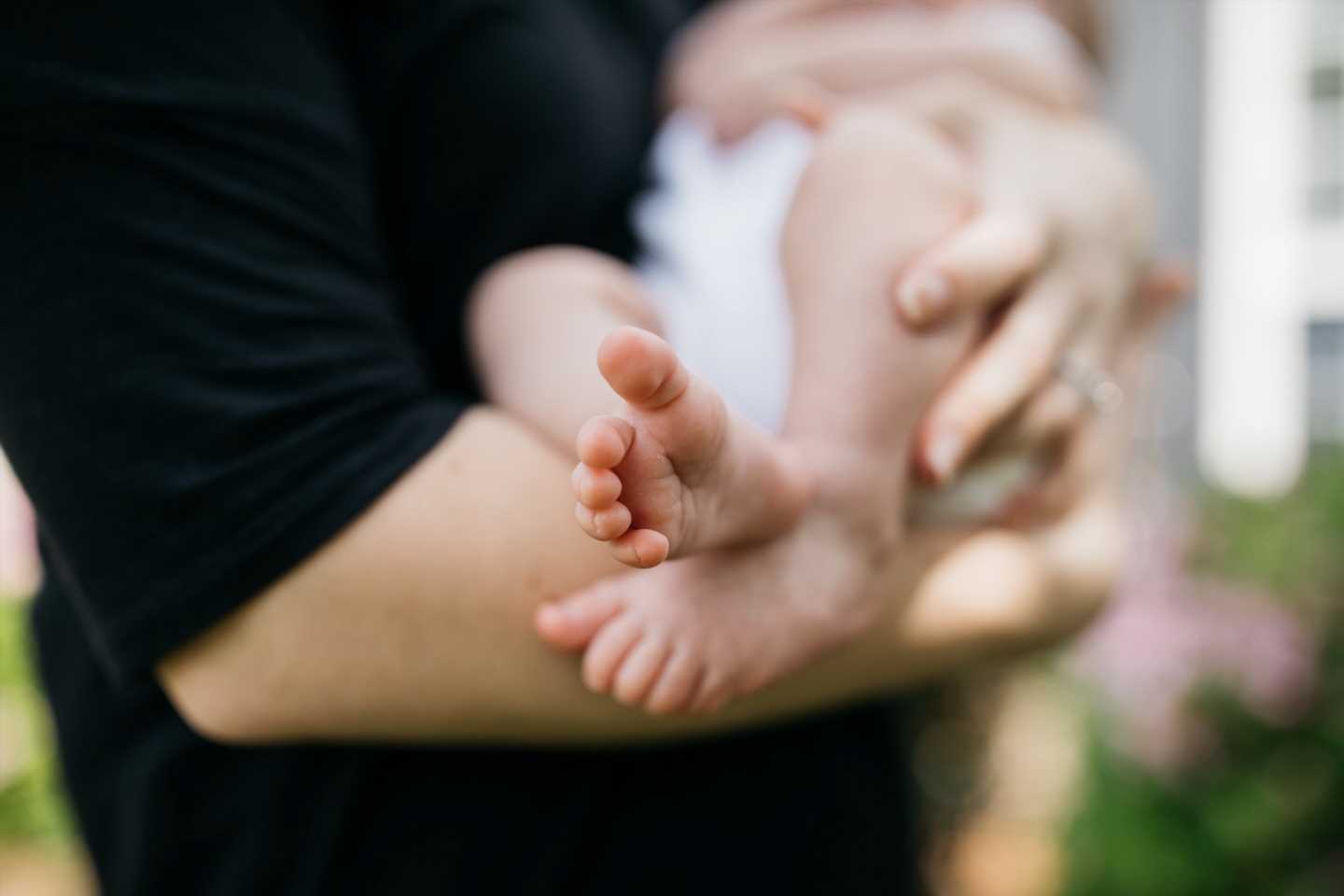
The COVID-19 pandemic has had many health impacts on families. While exclusive breastfeeding for the first six months of life is recommended by the American Academy of Pediatrics and the Centers for Disease Control for its benefits to immunity, bonding and health, mothers were less likely to breastfeed during the pandemic, according to research presented during the 2022 AAP National Conference & Exhibition.
Authors of the abstract, “The Effect of SARS-CoV-2 on the Rates of Breastfeeding in the Newborn Nursery,” found an 11% decrease in the rate of exclusive breastfeeding and a 4% decrease in any breastfeeding during the COVID pandemic in comparison to before.
“There is a false belief that breastfeeding is a natural instinct that’s supposed to happen out of thin air. Breastfeeding is a technique that both the mother and baby need to learn,” said Dr. Amy Yeh, Assistant Professor of Pediatrics, Director of Neonatal-Perinatal Medicine Fellowship Education, Division of Neonatology, Keck School of Medicine of University of Southern California and Attending Neonatologist, LAC+USC Medical Center. “Every mother, baby and dad is unique. It is picking up on the cues of the baby and figuring out what works for both mother and baby. It becomes easier with time. Remember: Mother’s milk is gold.”
This study compared breastfeeding rates between neonates at the LAC+USC Medical Center Newborn Nursery from January 2019 to April 2021. Researchers considered all neonates born prior to April 2020 as pre-COVID babies, comparing breastfeeding rates and trends against infants born during the pandemic. The study found that there were decreases in breastfeeding across all demographic groups studied. Hospital staffing and access to breastfeeding training and other healthcare due to pandemic restrictions were potential causes of the decreased breastfeeding.
Source: Read Full Article
